Running & Jogging
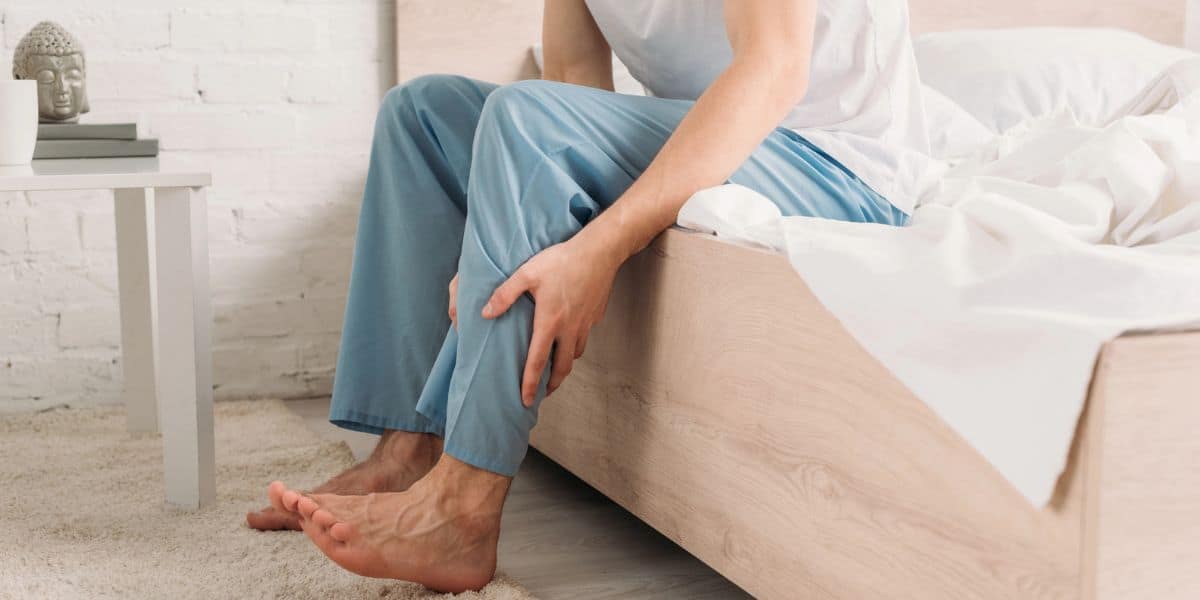
What Are Shin Splints?
Learn about shin splints, a common sports injury affecting nearly 50% of lower leg injuries. Discover the causes, symptoms, and treatment options to help restore your leg’s strength and resilience.
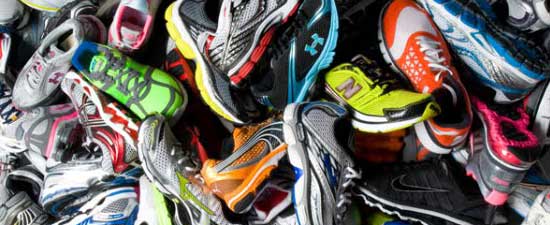
How to Choose Running Shoes: 6 Essential Steps
What’s the best running shoe for your foot type? Los Angeles foot specialists discuss the best options for overpronation, underpronation, and normal arched feet.
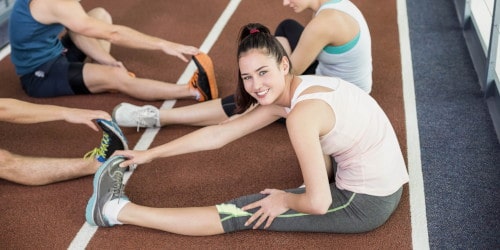
Can Warming Up Prevent Foot and Ankle Injuries?
Many sports-related injuries can be prevented simply by doing a few warm-up exercises before a workout. Here are our expert recommendations.

Can You Start Running at 40? Absolutely! Here’s How
You’re never too old to start running! But age brings new challenges. Here are some tips for beginning runners over 40!
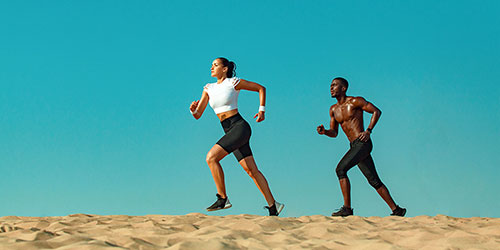
7 Common Foot Problems for Runners
Running is great exercise! However, it’s also hard on your feet and ankles. Learn more about common foot problems for runners and their treatment options!
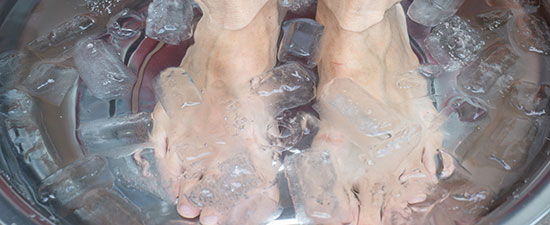
Here’s How to Avoid Burning Feet When Out for a Run or Walk
What causes burning feet when walking or running? Here are the most common culprits and simple solutions you can try at home.
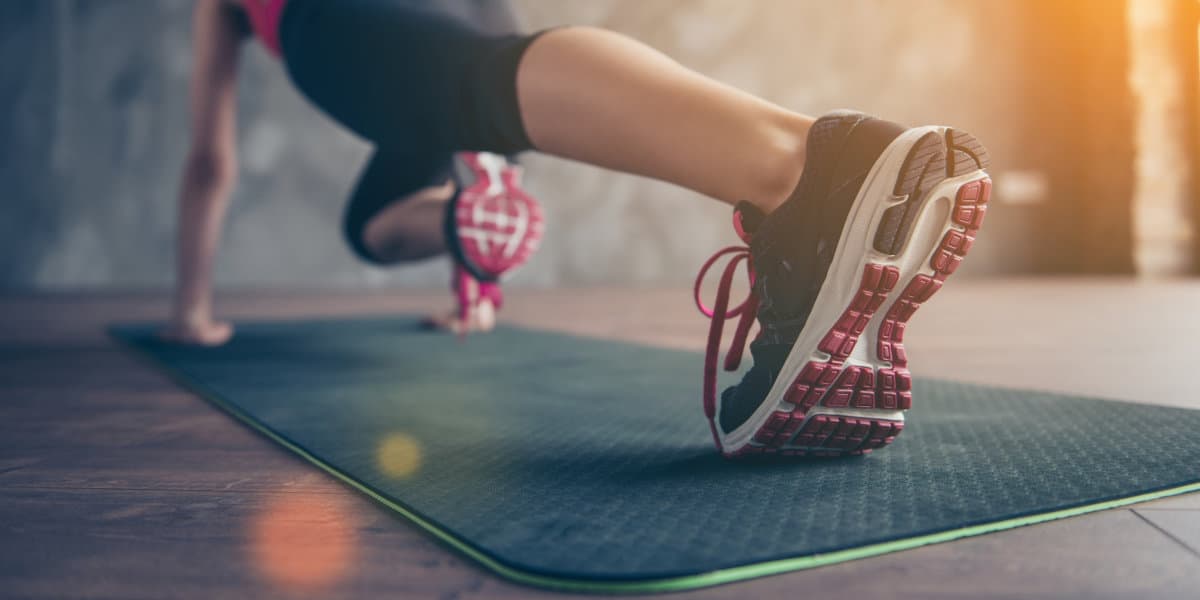
9 Running Tips from Sports Medicine Experts
Whether you’re a beginner runner, an experienced runner looking to improve, or returning to running after some time away, there’s always something to learn!
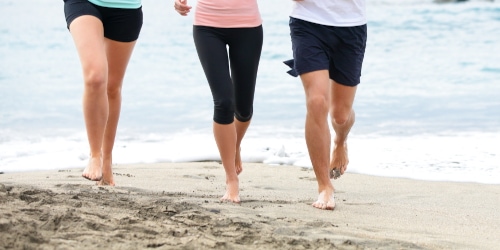
Is Barefoot Running Better? Or are you Running Toward Injury?
Patients often ask if barefoot running is safe. There are many factors to consider before making the switch to barefoot running.
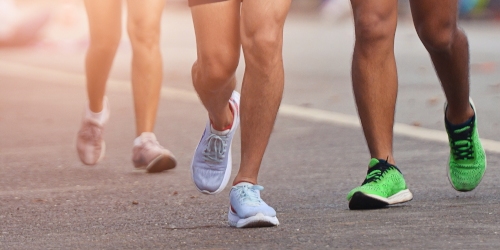
What Do These 10 Walking Gait Problems Tell Us About Your Health?
Hundreds of muscles and nerves work together to make you walk. Walking gait problems can indicate problems with muscles, joints, nerves, or even your brain.
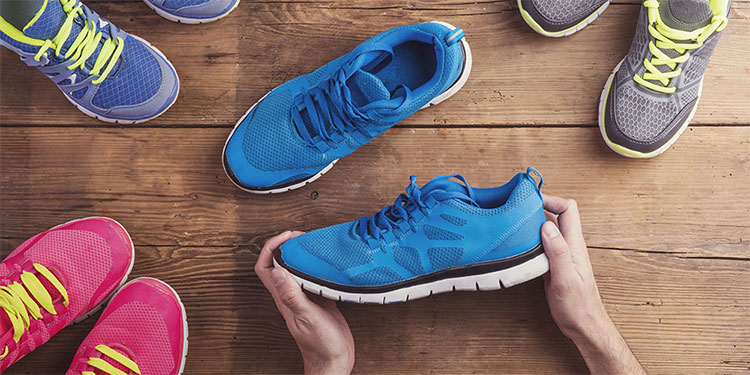
How to Break in New Running Shoes According to a Podiatrist
In a perfect world, your running shoes would fit perfectly right out of the box. Here are professional tips for breaking in new running shoes.
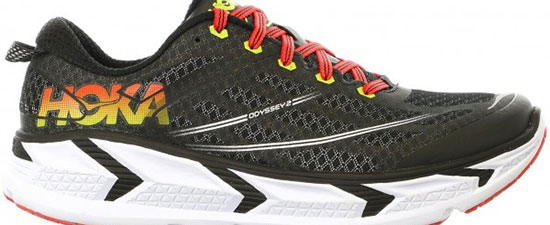
Experts Shoe Recommendations That Ease Foot and Ankle Pain
If you suffer from a foot and ankle condition (or want to prevent one) you will want to check out these shoe recommendations from our experts.
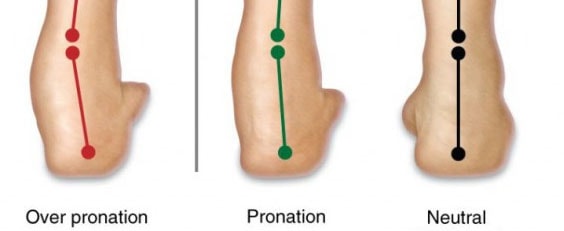
Overpronation: What Is It and How Can You Correct It?
When your foot rolls inward a little too much, that’s when you can start to have problems. This is called overpronation, and it’s the leading cause of most runners’ injuries. It’s estimated that 20-30% of runners are severe overpronators. Keep reading to learn how to reduce your risk of injury.